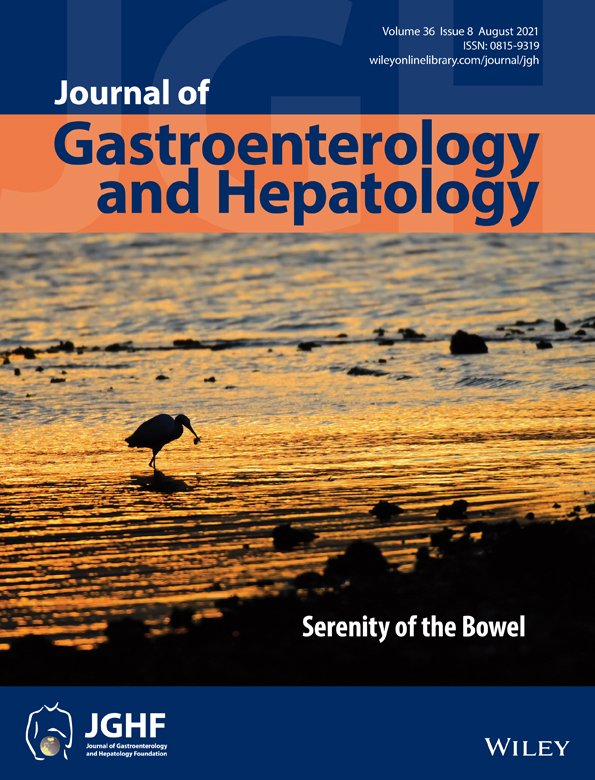Helicobacter pylori eradication prevents secondary gastric cancer in patients with mild-to-moderate atrophic gastritis
Declaration of conflict of interest: The authors declare no conflicts of interest.
Author contribution: Minoru Kato and Yoshito Hayashi contributed to the conception and design. Minoru Kato, Tsutomu Nishida, Masahide Oshita, Fumihiko Nakanishi, Shinjiro Yamaguchi, Shinji Kitamura, Akihiro Nishihara, Tomofumi Akasaka, Hideharu Ogiyama, Masanori Nakahara, Takuya Yamada, Osamu Kishida, Masashi Yamamoto, Akinori Shimayoshi, and Motohiko Kato collected the data. Minoru Kato analyzed and interpreted the data. Minoru Kato and Yoshito Hayashi drafted the article. Yoshiki Tsujii, Tsutomu Nishida, Hideki Iijima, and Tetsuo Takehara critically revised the article. All authors finally approved the article.
Financial support: This work was not supported by a specific grant.
Abstract
Background and Aim
Whether Helicobacter pylori eradication prevents metachronous recurrence after endoscopic resection (ER) of early gastric cancer remains controversial. This multicenter retrospective study aimed to evaluate the long-term (> 5 years) effects of H. pylori eradication by stratifying patients' baseline degrees of atrophic gastritis.
Methods
A total of 483 H. pylori-positive patients who had undergone ER for early gastric cancer were divided into two groups—(i) those having undergone successful H. pylori eradication within 1 year after ER (eradicated group, n = 294) and (ii) those with failed or not attempted H. pylori eradication (non-eradicated group, n = 189). The cumulative incidences of metachronous gastric cancer between the two groups were compared for all patients, for patients with mild-to-moderate atrophic gastritis (n = 182), and for patients with severe atrophic gastritis (n = 301).
Results
During a median follow-up of 5.2 years (range 1.1–14.8), metachronous cancer developed in 52 (17.7%) patients in the eradicated group and in 35 (18.5%) patients in the non-eradicated group (P = 0.11, log–rank test). In patients with mild-to-moderate atrophic gastritis (111 and 71 in the eradicated and non-eradicated groups, respectively), the cumulative incidence of metachronous cancer was significantly lower in the eradicated group than that in the non-eradicated group (P = 0.03, log–rank test). However, no significant intergroup difference was observed in patients with severe atrophic gastritis (P = 0.69, log–rank test).
Conclusions
Helicobacter pylori eradication had a preventive effect on the development of metachronous gastric cancer in patients with mild-to-moderate atrophic gastritis.




